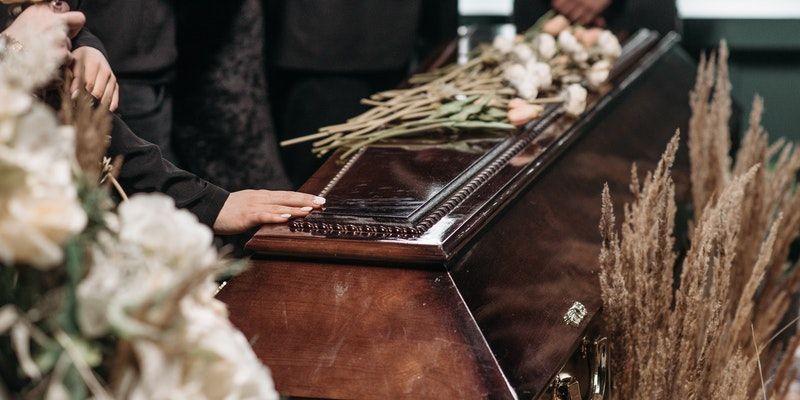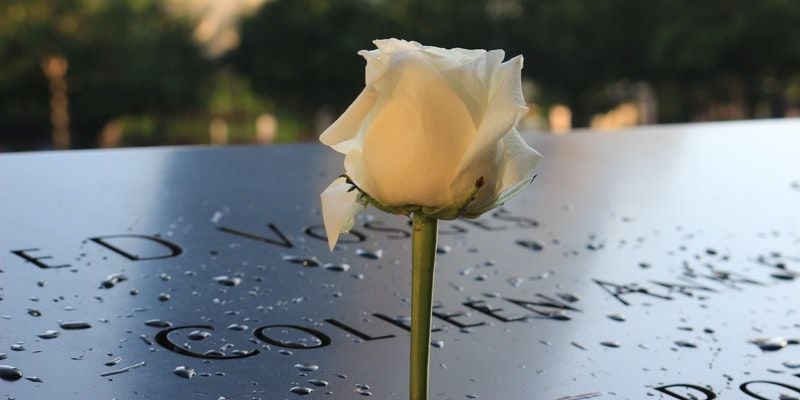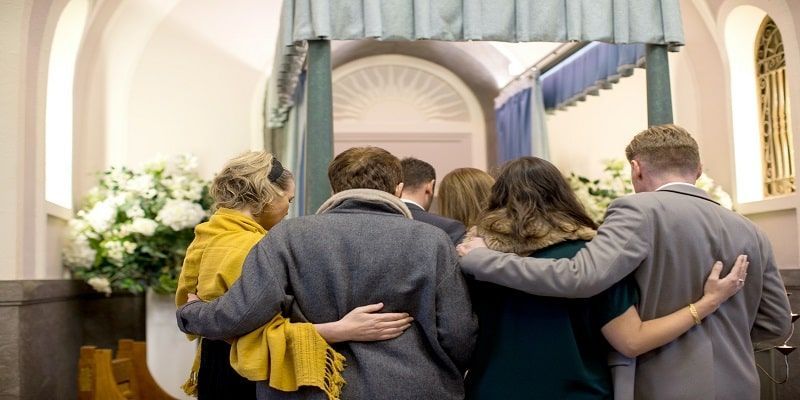What to Expect During the Funeral Service Process
Learn each step of the funeral service process and discover how funeral homes provide guidance and compassionate support during this challenging time.

Planning a funeral can be a challenging and emotional experience, especially for those unfamiliar with the steps involved. By understanding the process, families can make more informed choices that honor their loved one respectfully and thoughtfully. For those seeking guidance, funeral homes in La Habra, CA and beyond offer services designed to support families through each phase, from initial arrangements to the day of the ceremony.
Initial Arrangements and Planning
The funeral service process typically begins with an initial meeting between the family and a funeral director. During this session, the family shares their wishes, discusses the deceased's preferences (if known), and makes key decisions about the type of service they desire, whether it be traditional, religious, or personalized.
- Consultation with the Funeral Director: The funeral director helps guide the family, providing information on available options, costs, and legal requirements. This consultation includes reviewing different service types, burial options, and, if needed, assistance with the paperwork associated with certificates, permits, and notifications.
- Selecting Service Type: Families usually choose between a traditional funeral service with a casket, a memorial service, or a graveside service. Each type provides unique ways to honor the deceased and can be customized to reflect personal values and religious or cultural practices.
- Personalization of the Service: Many families appreciate incorporating personalized elements. This can involve displaying photos, sharing favorite memories, and including cherished items that represent the deceased’s personality. Special music, chosen readings, or family-led eulogies are all ways to make the service a meaningful tribute.
Venue and Service Coordination
Once the service type and personalization details are established, the funeral director will coordinate the logistics for the chosen venue, whether it be a chapel, a graveside location, or another meaningful place.
- Securing the Venue: The funeral home will help secure the location, set the date and time, and ensure all necessary arrangements are in place. The venue’s choice is often influenced by family traditions, cultural considerations, and the expected number of attendees.
- Floral and Décor Arrangements: Families may wish to select floral arrangements or other decorative elements, which the funeral home can often coordinate. Flowers typically add a comforting atmosphere and may reflect the deceased’s personality or preferences.
- Assistance with Obituary and Announcements: Funeral homes frequently offer assistance with writing and placing obituaries, allowing the family to announce the passing and provide service details. This step is also essential for inviting friends and extended family to the service.
During the Funeral Service
The day of the service is often the most challenging for families. Funeral directors aim to handle all the logistical elements so that family members can focus on the gathering and begin the healing process.
- Arrival and Seating Arrangements: The funeral director and their team usually manage the seating and organization of guests. This step may involve a processional or recessional if requested, and the seating may be arranged to accommodate close family members in a reserved area.
- Guiding the Ceremony: In cases where a religious leader, celebrant, or family member is involved, they will typically conduct the ceremony. Funeral directors ensure the schedule flows smoothly, handling transitions between speakers, music, and any other chosen ceremonial elements.
- Support Staff: Funeral staff members are often available during the service to assist guests, manage sound systems, and handle any unexpected needs that arise. They work discreetly to support the family and maintain a respectful environment.
Post-Service Arrangements and Grief Support
Following the ceremony, there are often final tasks and ongoing support that the funeral home can provide.
- Burial or Interment Arrangements: If the family chooses burial, the funeral director assists with the transfer to the graveside for interment. This phase includes coordinating with the cemetery staff to ensure the proper execution of the burial and supporting any final ceremonial gestures.
- Thank-You Notes and Memorial Donations: Many funeral homes offer to help families with follow-up tasks such as writing thank-you notes to those who offered condolences or made donations in memory of the deceased. This service can be especially beneficial in the weeks following the funeral.
- Grief Support and Counseling Resources: Recognizing the emotional toll of loss, many funeral homes offer grief support services or can recommend professional counselors, support groups, or online resources to assist the family as they process their grief. Some even host ongoing grief support meetings or send reminders and resources to family members in the months following the service.
Key Benefits of Using Funeral Home Services
Engaging a funeral home during this process provides several advantages that ease the burden on grieving families. Funeral homes handle legal documentation, coordinate vendors, and ensure that the ceremony meets all religious or cultural practices, allowing families to focus on commemorating their loved ones. Additionally, funeral homes stay informed of changing industry standards and trends, such as the shift towards personalized and eco-conscious services, which may appeal to families looking for modern alternatives to traditional funeral practices.
In summary, the funeral service process—from initial planning and coordination through to the final ceremony and aftercare—provides families with structured and compassionate support during a difficult time. For those considering options, funeral homes in La Habra, CA offer experienced guidance through each step, ensuring that every detail is thoughtfully managed to honor a loved one’s life.
Contact us at Community Funeral Service to learn more or discuss specific arrangements.










